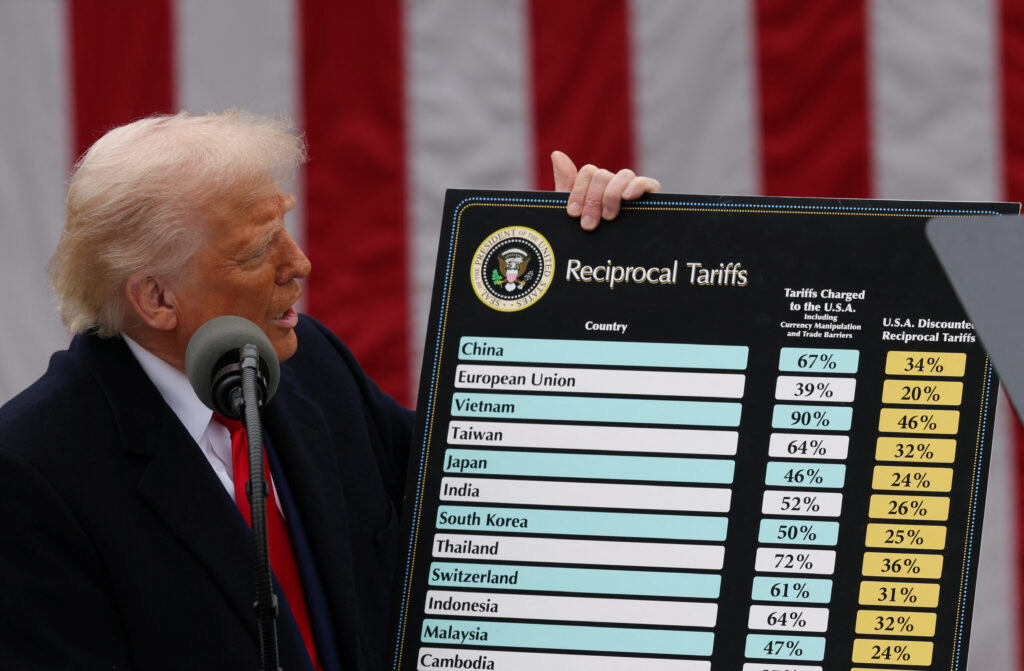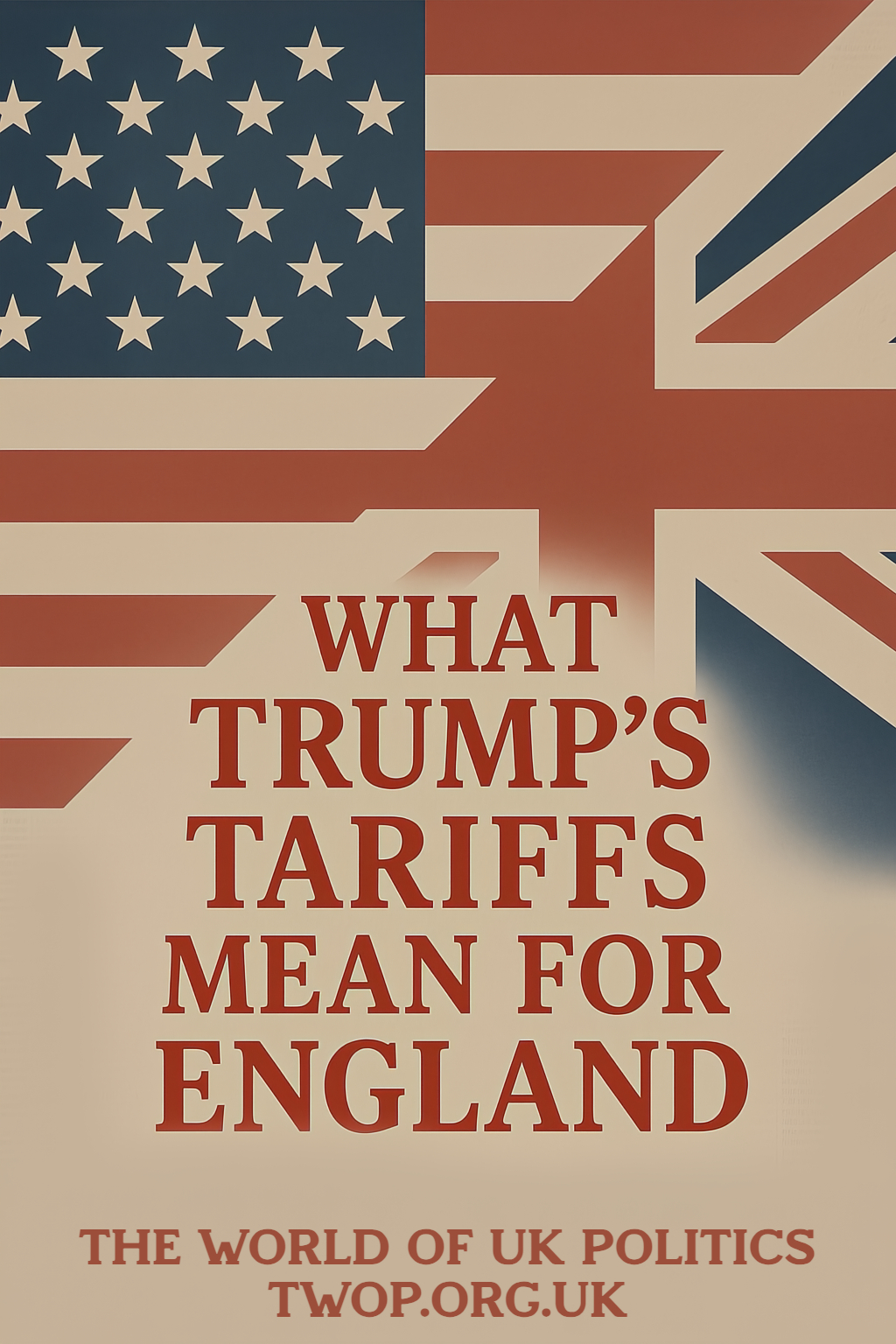SHOCKWAVES
In a move that has sent more than ripples through the global economy, US President Donald Trump imposed significant tariffs on just about all US imports, with a “baseline” 10% tax on imports from even nations in “trade balance” with the US (including the UK) and a sliding scale of higher rate tariffs apparently meant to reflect the tariff and non-tariff barriers other nations impose on US exports and a a hefty 25% levy specifically targeting cars. China and the EU seem to be particular irritants for The Donald who dubbed his announcement “Liberation Day.”
Sadly, if predictably, the calculation of the sliding scale of tariffs imposed on nations swiftly started falling apart as the simple equation that Trump’s trade team seem to have adopted is inappropriate, wrong, riddled with holes and kind of absurd. This has made everyone wonder if it isn’t just some Donald negotiating position akin to “let’s say we’re going to do something nuts and then fallback to something unjustifiable which seems better than total insanity!” The decision has ignited concerns about the future of international trade across the globe and its direct impact on the UK with its particular historic devotion to free trade (hat tip: The Economist, founded 1843 and the Abolition of the Corn Laws 1846.) In more amusing snarky asides it was discovered that the President’s chief trade advisor, Peter Navarro, has been penning articles for years about the wickedness of free trade under the name Ron Vara. Sneaky like an elephant eh, Ron?

Immediate Impacts on the UK Economy
The UK’s automotive industry which in its broadest definition accounted for 1.3% of UK GDP in 2022, faces immediate challenges. With exports to the USA becoming more expensive, there’s a real risk of decreased sales, potential job losses, and stunted growth in this sector. Although only 1.3% of GDP (and that’s generous) the UK did export £8bn of mostly higher-value cars to the USA in 2024 and as the UK hardly manufactures anything at all these days, saying “farewell” to that would be quite the blow. Beyond cars, other industries are getting ready for the ripple effects of these tariffs, which could lead to increased prices for consumers and a slowdown in economic momentum.
HMG’s Response – A Delicate Balancing Act
PM Keir Starmer acknowledged the seriousness of the situation, stating that “all options are being considered” in order to mitigate the impact of the tariffs. While the idea of retaliatory measures has been floated, the government appears to be treading cautiously, aiming to avoid escalating tensions. Chancellor Rachel Reeves emphasised the importance of fiscal stability and rejected calls to revise the fiscal rules she set out (the “Charter for Budget Responsibility” and the so-called “fiscal lock”) to accommodate increased borrowing.
What This Means for Young People?
For the UK’s younger residents, especially those about to enter the job market or become involved in industries directly affected by these tariffs, the future may seem uncertain. Here’s what to consider:
- Job Market Dynamics: sectors like automotive manufacturing may experience hiring freezes or job cuts. Staying informed and adaptable will be key.
- Consumer Prices: imported goods from the USA could become more expensive, affecting your purchasing power. Budgeting wisely and seeking locally-produced alternatives will probably become more important.
Political Engagement
This development underscores the profound impact of international politics on our daily lives. Engaging with political processes, understanding trade policies and voicing concerns can start to influence future decisions.
Looking Ahead
The current trade scenario poses challenges, but it will encourage young people to become more involved in shaping the UK’s economic and political landscape. By staying informed, participating in dialogues, and advocating for policies that support sustainable growth and fair trade, younger pre-voters can play a role in navigating the nation through these mental times. As the situation evolves, it will be important to keep up to date and understand how such international decisions trickle down to affect local communities and individual livelihoods.
Thank you for reading! Please check out our other posts on the blog.
insta: @theworldofukpolitics

Leave a Reply